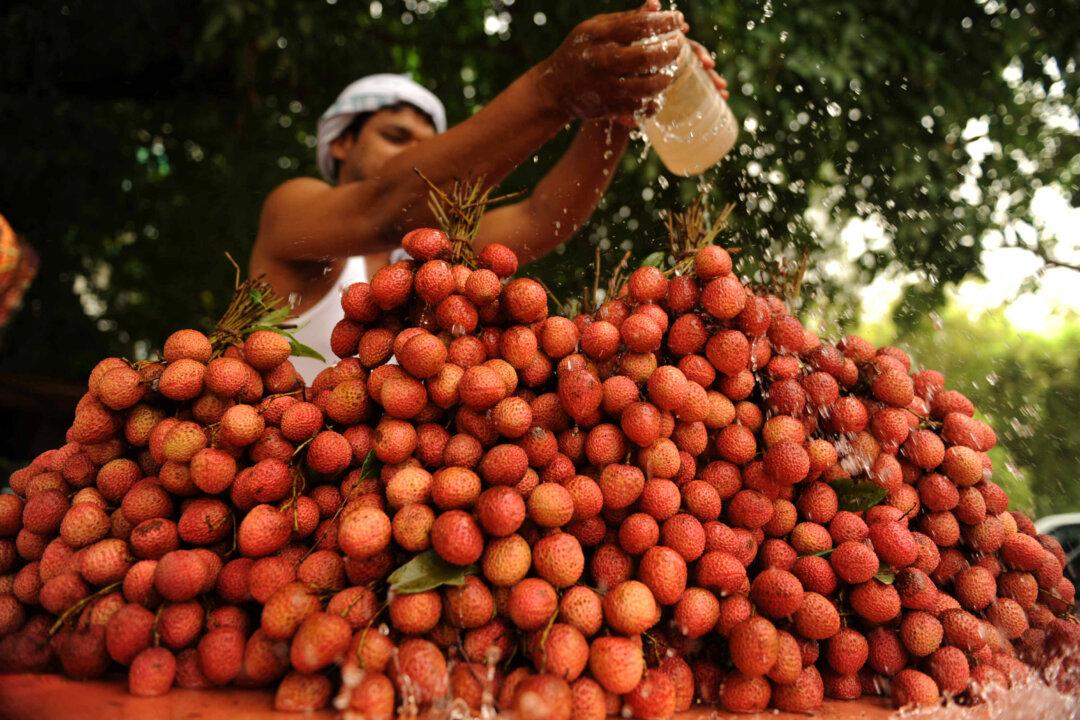Dozens of children in one Indian state are reported to have died in the last two weeks from a little-understood brain disease linked to eating lychee fruits on an empty stomach.
The death toll of children who have died from Acute Encephalitis Syndrome (AES) has been rising in the Bihar state, with First Post reporting on June 13 that authorities had reported over 50 deaths in children since January.





